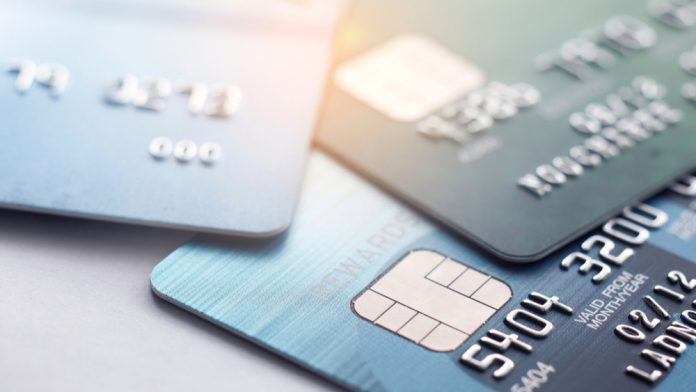Publishing its evaluation report on the ‘Credit Card Ban for Gambling in Great Britain’, the National Centre for Social Research, aka Natcen, has revealed that the credit card ban has been felt most significantly by those experiencing low level or no levels of gambling harm.
It did, however, add obstacles to the process of borrowing money for gambling, which was one of the ban’s principal aims.
The NatCen report stated: “The ban seemed to have a more noticeable impact on those experiencing a low level of, or no reported problems from gambling, who were less likely to (directly and indirectly) use credit cards for gambling after the ban.
“We saw a statistically significant decrease in the proportion of people experiencing a low level of, or no reported problems from gambling.”
On gambling behaviours, NatCen concluded: “Overall, among all people who gamble, the proportion of people using credit cards to borrow money for gambling has remained fairly stable. In the pre-ban wave in March 2020, the proportion of all people who gamble who had used a credit card in the last 12 months was 6%, compared with 8% in the post-ban March 2021 wave.”
NatCen undertook three methods of research: a scoping stage for developing an evaluation plan and research tools, followed by a quantitative analysis of survey data on gambling behaviours. The research concluded with a qualitative analysis of in-depth interviews with gamblers, individuals affected by gambling, and key organisational stakeholders, such as support providers and gambling operators.
Researchers also emphasised the importance of the changing climate as the ban was implemented at the start of the COVID-19 pandemic, which led UK operators to revise staff operations to provide support to customers.
The introduction of the ban will have drawn the attention of global markets as Britain became one of the first markets to introduce a halt on credit card betting. Its implementation came off the back of an evidence based approach, which highlighted the increasing links between harms and those who gamble with credit cards.
Research pointed to GambleAware data gathered between July 2018 and July 2019 from 139,152 gambling accounts across seven gambling operators, which detailed that 5.7% of overall deposits into online gambling accounts were made using credit cards.
Although credit card transactions remained relatively low in usage, GambleAware noted that gamblers with significant wins or high losses were more likely to use credit cards, as indicated by 26% of players with losses exceeding £5,000.
Despite the COVID-19 pandemic impacting player habits, the evaluation noted that the ban was effectively implemented, as operators ensured compliance with the ban and demonstrated a commitment to informing customers that credit cards were no longer accepted.
Of note, the ban achieved its highest awareness among people experiencing severe gambling problems, who were informed via email, text, and pop-up messages.











